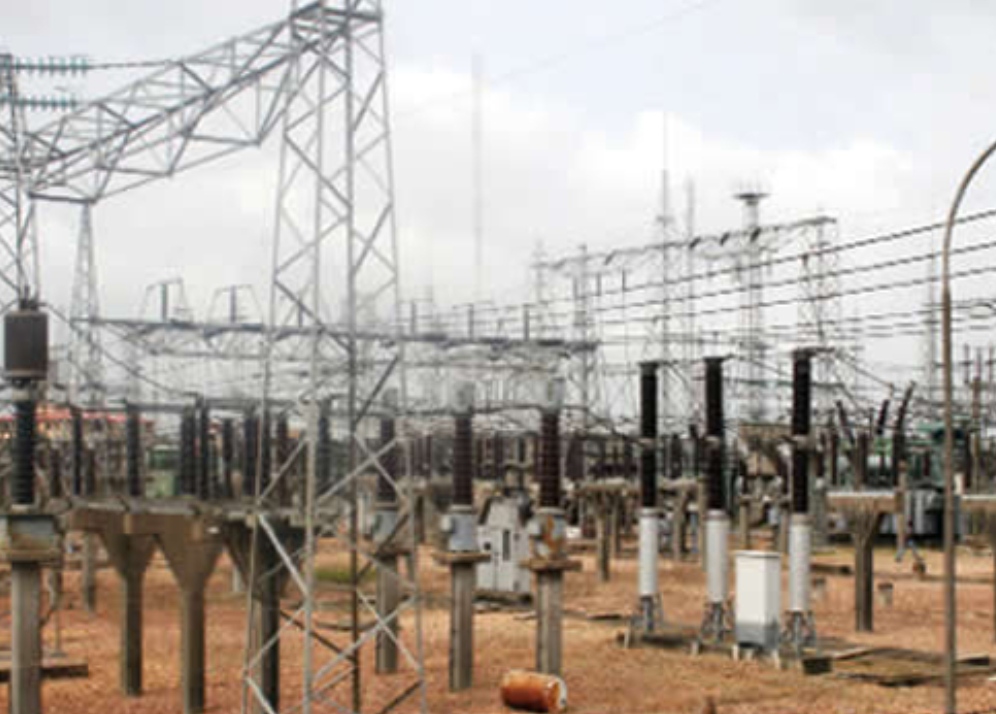Different Electricity Laws In States Will Affect Power Sector – PwC
PwC Nigeria has stated that the provision of the Electricity Act that allows states to have independent electricity laws would be detrimental to the growth of the power sector.
This was contained in a report highlighting the outcomes from the 14th edition of PwC’s Annual Power and Utilities Roundtable.
The PwC emphasised that having different electricity laws in different states would breed unhealthy rivalry among players in the industry.
Focusing on the theme, ‘The Electricity Act 2023: Powering Nigeria’, the PwC noted, “Having vastly different electricity laws across states will be detrimental, creating market distortions and unfair competition.”
Media reports that the new electricity act signed by President Bola Tinubu in June 2023 allows states to have their electricity laws and regulatory bodies that would separate them from the control of the Nigerian Electricity Regulatory Commission.
So far, Enugu, Ekiti, and Ondo have been permitted by NERC to set up independent regulatory bodies, having satisfied the requirements of the Act.
But the PwC argued the regulation of electricity must be consistent across the country.
“There is a need to ensure that regulation of electricity across the federation is fairly consistent and avoid regulatory capture,” the financial consultancy noted.
According to PwC, the Electricity Act has the potential of minimising economic losses estimated at $28bn annually, adding that it empowers states to establish state-owned utilities, ‘successor companies,’ capable of attracting long-term investment through innovative structures.
The firm said, “Over the past two decades, Nigeria’s power sector has seen several reforms and initiatives driven by regulators, ministries, and industry players from key policies like the Nigerian Electric Power Policy in 2001 to the privatisation of the generation and distribution subsectors in 2013, to more recent interventions, like the launch of the Meter Asset Provider scheme in 2018, Service Based Tariff regime in 2020, and the Electricity Act 2023.
“The evolution of the policy landscape in the power sector shows that significant progress has been made, but challenges remain. The Electricity Act of 2023 attempts to address some of these challenges and unlock new potential.”
It added that dedicated distribution and supply companies within states could act as special-purpose vehicles, drawing capital from state resources or private investors through primary or secondary markets.
PwC stated that with the Power Consumer Assistance Fund serving as a joint federal-state mechanism for targeted subsidies, the act facilitated collaborative fundraising efforts.
The firm emphasised, “Adopting the Electricity Act 2023 involves substantial financial investments. Engaging legal and commercial expertise, developing and establishing state-level regulatory bodies come at a significant cost, competing for limited state resources. Thorough due diligence and feasibility studies are crucial to ensuring efficient resource allocation and project viability.”












